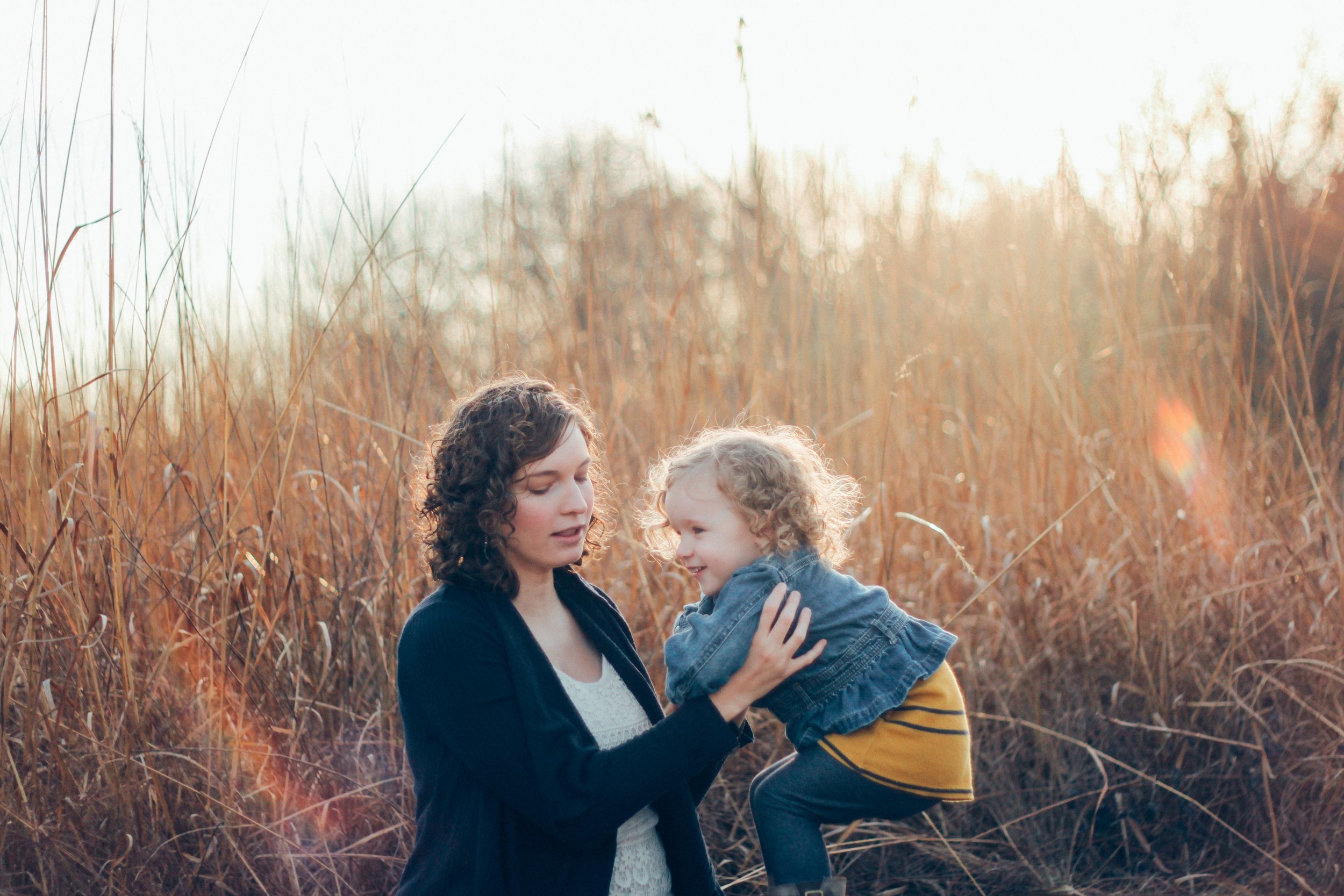Frequently Asked Questions
Can I bring my baby to session?
Yes, parents often bring their babies to session. You are welcome to breastfeed, bottle-feed, bounce, change diapers, and care for your baby in any way they need during session. At times, we may want to work on the relationship with you and your baby so having them in session will be very helpful.
I don’t want to take medication. If I come to therapy, will you tell me that I need to take medication?
While there is evidence that anti-depressants and anti-anxiety medications can be quite effective in reducing symptoms, the decision to take medication is one that should be thoughtfully discussed with your therapist and/or doctor.
Many parents do decide to take medication along with therapy to treat their symptoms. There are medications for anxiety and depression that are considered safe to take while pregnant and breastfeeding. And, while taking medication is not risk-free, the research indicates that the risks to children from untreated PMADS outweigh the potential risks from these medications.
There are also many parents who are able to manage their symptoms and heal without the use of medication. Psychotherapy with the addition of complementary supports such as acupuncture, massage, craniosacral therapy, chiropractic care, exercise, yoga, dietary and nutritional supports, and meditation are an effective treatment approach for many. It is important to have open and honest discussions with your therapist and medical provider so that you can make a well-informed decision for yourself.
I am afraid if I am completely honest about my thoughts and feelings, you will believe I am an unfit mother and I will lose my baby. Is this fear legitimate?
Experiencing a perinatal mood or anxiety disorder is never a reason for someone to take your baby away. In fact, coming in for support is strong evidence that you are highly motivated to get well and take good care of your baby.
In addition to helping parents heal and feel well, we are committed to strengthening and protecting the parent-child relationship.



